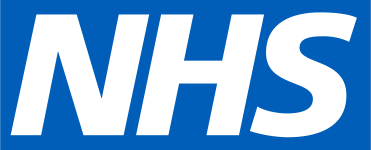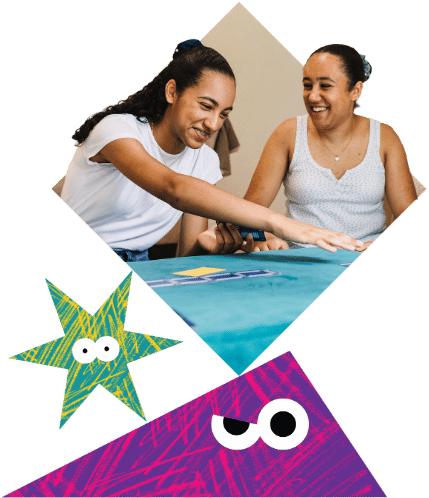Pathway for preteens and teenagers
Join our learning pathway for all preteens and teenagers: a journey of understanding emotional health, relationships, brain development and how to support your mental wellbeing.
Pathway stages
Bitesize stages for daily steps towards emotional resilience and connected relationships.
1. Welcome and introduction
1.1 What is this course about?
1.2 What changes have you noticed?
1.3 Every cloud has a silver lining
2. Your brain development
2.1 How do we know about the teenage brain?
2.2 The main changes
2.3 The prefrontal cortex
2.4 The amygdala
3. Reading faces
3.1 The amygdala and reading faces
3.2 Knowing what you are feeling
3.3 The experiment
3.4 About the results
3.5 What could this mean?
3.6 What can parents do to help?
3.7 What can you do to help?
3.8 Some more ideas
4. Risk taking
4.1 Risk and brain development
4.2 Risks: positives and negatives
4.3 The accelerator and the brake
4.4 So who has to be the brake?
5. Risk taking and friends
5.1 Risk and friends
5.2 An experiment
5.3 The results
5.4 More results
5.5 How does the brain affect risk taking?
5.6 Teenagers and gangs
5.7 How can we help our brain?
6. Sensitive to rejection
6.1 You and your friends
6.2 Research
6.3 An experiment
6.4 Teenagers’ reactions
6.5 Why does this happen?
6.6 What can help?
7. You and sleep
7.1 You and your sleep
7.2 Change in your sleep pattern
7.3 Why do you need your sleep?
7.4 The growth hormone and the sleep hormone
7.5 Changing to an adult pattern
7.6 What can help?
7.7 Sleep and emotions
8. Review
8.1 The positives
8.2 Eventually…
8.3 And finally…
9. Congratulations!
9.1 Congratulations and feedback questionnaire
9.2 Acknowledgements and certificate
About this pathway
During puberty, your brain goes through a period of rapid growth and change. These shifts can sometimes feel confusing, but they also bring exciting new perspectives. This short pathway is a great starting point for teenagers who want to understand how their brain works, how it’s changing, and what that means for emotions, relationships and everyday life.
Follow short bitesize content with information about brain development, emotional health and relationships. Our clinical child psychologists, psychotherapists and health practitioners will help you understand how the teenage brain changes in adolescence, how it affects sleep and social connections and how to take care of your mental wellbeing during this important stage of development—whatever your age or experience.
84% learners said they found the pathway helpful
“This definitely helped me understand how my brain works now!”
Learner from the pathway
“I found this course very helpful and easy to understand.”
Learner from the pathway
“Really enjoyed the course and have learnt a few new things at the same time.”
Learner from the pathway
“Overall this has been very useful, it’s put a different perspective on certain things.”
Learner from the pathway

